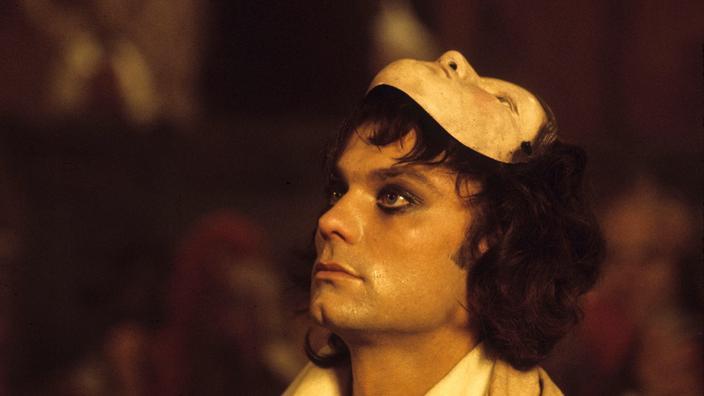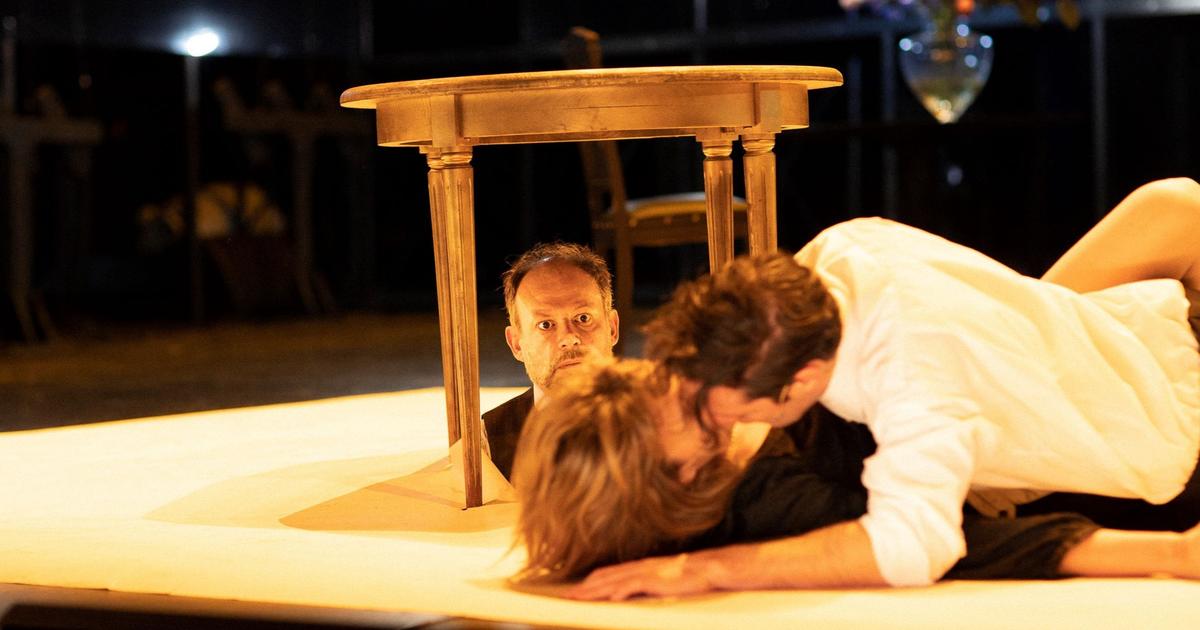A well-born bourgeois who became Louis XIV's favorite playwright, Molière left no personal trace that could shed light on the personality of the greatest Western comic author.
The only survivor of her four children, Esprit-Madeleine, lost her manuscripts and the first biography
Life of M. de Molière
published in 1705 has since fueled legends around Jean-Baptiste Poquelin, whose 400th birthday is celebrated.
” READ ALSO –
Molière file: celebration of the 400th anniversary of his birth
In addition to the testimonies of the period, there remains above all his work, some thirty comedies in verse and prose, which the most malevolent imputed to Corneille or even to Louis XIV. Many believed to identify him by establishing parallels between his character and his Alceste, Argan or Arnolphe. Michel Bouquet detected even in his plays
"a settling of accounts with itself." "The vices he painted, not only for having observed the world but to have proven itself"
, wrote in 2017 the actor who played his master more than 400 times. But nothing is less certain.
The Molière mystery begins at birth.
It was not until 1820 that his baptismal certificate was found, dated January 15, 1622 at Saint-Eustache in Paris: he was born one or two days earlier.
In the documented facts, we know that he is promised a comfortable future.
Eldest son, he was to inherit from his father the office of upholsterer and valet to the king.
Motherless at the age of 10, he grew up between the luminous arteries of the Louvre and the lively but dangerous guts of the Halles.
There he acquired his acute sense of observation.
At the College of Clermont (now Louis-le-Grand), the Jesuits taught him Greek, Latin and theatre.
Erudite, Molière will be inspired by Plautus, Terence, Italian and Spanish comedy.
There is no proof of his law degree in Orleans: he might as well have bought his diploma.
troop leader
At 21, the daring young man renounced his inheritance to become an actor, an uncertain profession, then hit with excommunication.
This vocation also remains mysterious.
On the death of his younger brother in 1660, he will recover the paternal charge, enjoying direct access to Louis XIV.
On June 30, 1643, by notarial deed, he created the "Illustre Théâtre", with ten other acrobats including Madeleine Béjart, a red-haired and ardent actress, familiar with literary circles.
First a lover, she will remain his faithful partner for thirty years.
On January 23, 1662, Molière will marry Armande, the adulterine daughter of Madeleine (officially her sister).
The custom was that the actors take a name of "campaign": he chooses "Molière" which designates a stone quarry.
We don't know why.
At the Jeu de Paume, the “Illustre Théâtre” fizzled out: debts piled up, Molière was imprisoned in the Châtelet.
His father, who has nothing of a Harpagon, settles his debts.
The son fled Paris at 23.
For 13 years, he criss-crossed France with his troupe.
He plays for the beggars, the bourgeois, the nobles: the receipts are important, his supporters in high places.
Accomplished troop leader, he dreams of returning to the capital: preceded by a reputation of "beautiful spirit".
Molière plays on October 24, 1658 for the young Louis XIV.
He wrote only two comedies but his comic game conquers the sovereign.
Star of the court
From an actor, he became an author with the success of the
Precious Ridiculous
at the end of 1659.
“This burlesque pochade reveals an unprecedented form of comedy, resulting from the parody of worldly customs”
, writes Georges Forestier in his
Molière
. Poquelin dusts off the comedy of manners.
After
L'école des femmes
(1662) where he glorifies by farce a young girl freeing herself from an absurd education, he goes beyond mere entertainment and bristles the reactionaries. It took him five years and three versions of
Tartuffe
to thwart the censorship orchestrated by the Compagnie du Saint-Sacrement, indirectly targeted by the play on the false devotee. On February 5, 1669, the obstinate made a triumph. Molière has just invented the moral comedy: his art now aims to correct vices, through laughter.
Star of the court but target of the Jansenists, he created
Don Juan
(1665) then
Le Misanthrope
(1666), his most cruel but most human play. He still wrote great comedies (
L'Avare
, 1668;
Les Femmes savantes
, 1672), farces (
Le Médecin in spite of him
, 1666), an Italian-style comedy (
Les Fourberies de Scapin
, 1671) and comedies-ballets (
The Doctor Love
, 1665).
Legend has it that he died on stage on February 17, 1673. It was actually at his home, 40 rue de Richelieu, that he died suddenly shortly after playing the hypochondriac Argan.
The joker offered his ultimate snub: in the skin of the “Imaginary patient”, the man of the theater succumbed to a hemorrhage caused by a very real inflammation.











/cloudfront-eu-central-1.images.arcpublishing.com/prisa/KMEYMJKESBAZBE4MRBAM4TGHIQ.jpg)


